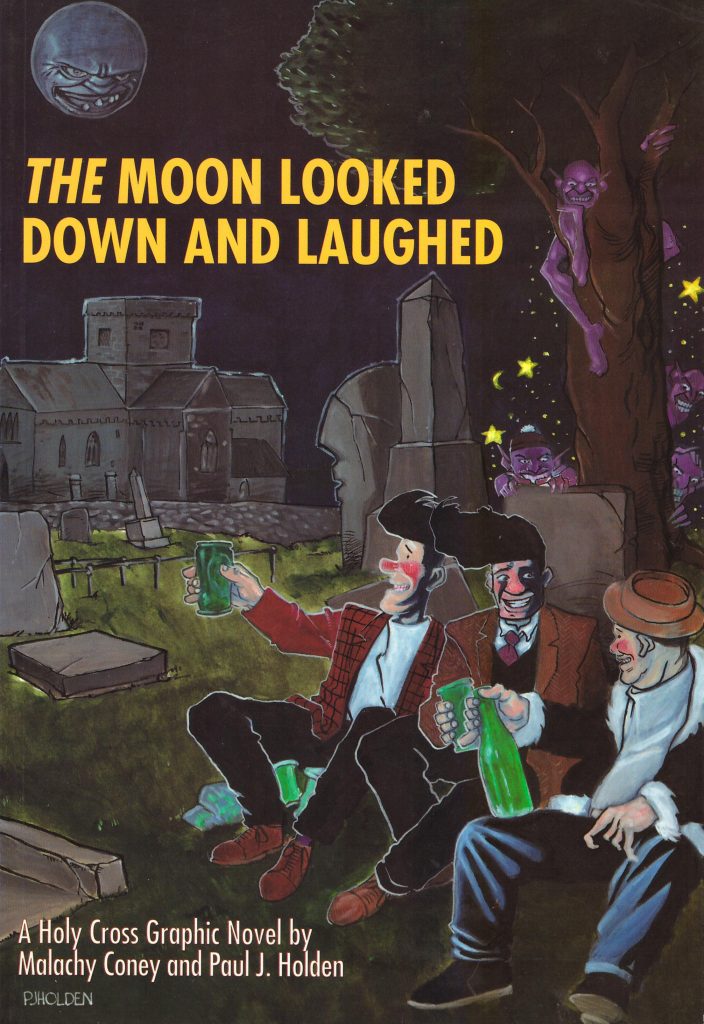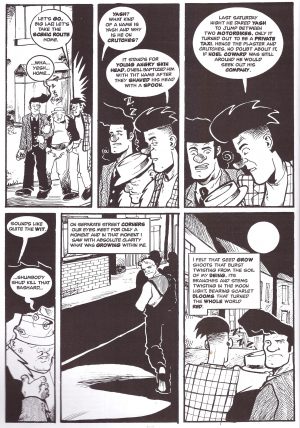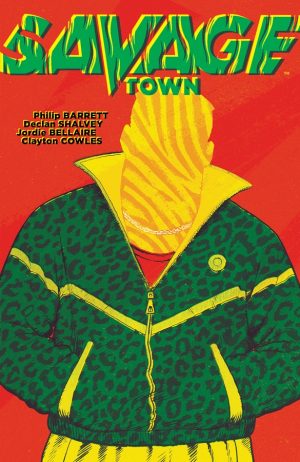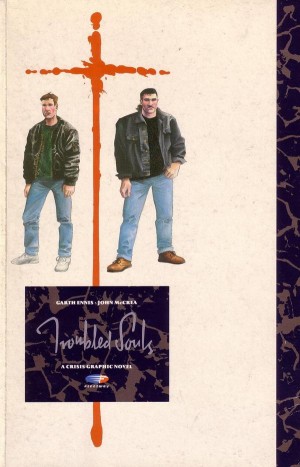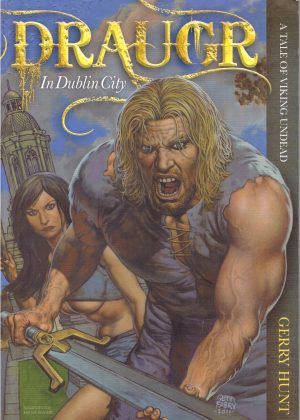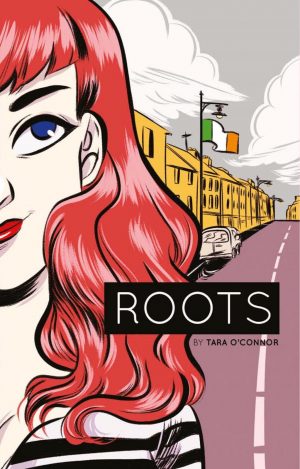Review by Frank Plowright
Before arriving at The Moon Looked Down and Laughed, Malachy Coney had delivered three shorter stories, never collected in book form, of Belfast’s working class Holy Cross district and its inhabitants, set in a city still beset by sectarian violence.
Tommy Doherty cares nothing about any of that, and neither does Coney, although threat and intimidation are the constant background to his plot of three ordinary guys living their ordinary lives. There’s a natural storyteller’s meander to Tommy’s experiences, as Coney includes the reminiscences of his father, trips back to school days and anecdotes that have a richness about them, be they comedy or tragedy. The gathering black cloud is one Francie O’Neill, local thug, inexplicably married to the prettiest girl from their school years. Tommy and his mates Davy and Jimmy suffer constant low level abuse that occasionally breaks out into violence, but others are subjected to even greater torment. Coney’s story asks at what point is it worth taking the law into your own hands?
Using a different artistic style, Paul J. Holden would later draw Judge Dredd and other 2000AD features, but the personality-rich cartooning is far more appropriate for the genial tone concealing dark deeds here. A deliberate design choice is to exaggerate features and accessories. The whimsical quiffs Holden applies to Tommy and Jimmy have a narrative purpose, a symbolic shearing occurring later, but they’re visually intrusive, their exaggeration pulling attention away from what the eye should be seeing. The backgrounds are basic, buildings and vehicles dashed off, but Holden’s far better with the smaller details, the prominent battered lager can, a snarling dog and a lovingly drawn sombrero strike the eye.
Somewhat inexplicably, late in the book people start referring to Tommy as ‘Michael’, but it’s the only foot put wrong in what’s a nicely understated crime story. Coney ensures we come to know the cast, even those only seen in passing, and the Holy Cross location imprints. The distinctive title only really comes into play on the cover illustration and in a metaphorical sense, and for anyone remembering the Virgin Prunes, they’re the title’s source, but there’s otherwise no connection. Both this and the earlier Holy Cross comics are enjoyable drama worlds away from the usual settings.
